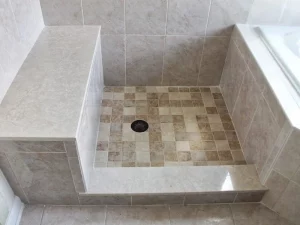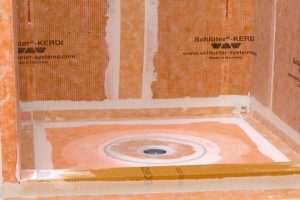Should I Finance My Renovation?
Borrowing Money for Home Renovation: What You Need to Know
Home renovation is an investment that adds value to your home. While not everyone is comfortable talking about it, borrowing money to finance your renovation is a topic that deserves attention. In this article, we’ll discuss why most homeowners opt to borrow money for home renovations and what you need to know about doing so.
70% of Home Love Construction clients use borrowed money to finance their home renovations, which typically cost six figures. This could be in the form of a home equity line of credit, refinance, or a renovation loan product.
Contrary to popular belief, borrowing money for home renovations is not just a reflection of our consumerist society. Rather, it’s a logical solution to add value to your home and ultimately get a better return on investment. For example, if you have a $500,000 home and you’re adding 500 square feet to it, you could increase the value of your home by $150,000. If the renovation costs $150,000, it would make sense to get a loan for the same amount and add it to your mortgage. At the end of the project, you would have a home worth $650,000, and as long as you can make the payments, this would be a sound investment.
The housing market in the Tampa Bay area is becoming increasingly competitive, with low housing stock and a large influx of people moving in. As a result, renovations that add space to your home are becoming increasingly important, especially if you have a growing family. By financing your renovation through a loan, you can solve your space problems without having to move to a new home.
Dave Ramsey, author of The Total Money Makeover, believes that the only acceptable debt is your mortgage. And, as long as you can make the payments, borrowing money for your home renovation can make sense. You can use the same terms as you would for a mortgage to finance your renovation and extend your home.
It’s essential to carefully consider your options when borrowing money for your home renovation. You should always look for the best interest rate and terms that suit your needs. Additionally, make sure you have a clear renovation plan and budget, so you don’t end up spending more than you can afford.
Another option to consider is a home equity loan, which allows you to borrow against the equity in your home. This can be a good option if you have a significant amount of equity built up in your home. However, it’s crucial to keep in mind that this loan will be secured by your home, so if you’re unable to make the payments, you could risk losing your home.
A cash-out refinance is another option to consider. This involves refinancing your mortgage and taking out extra cash to finance your renovation. This can be a good option if you have a low-interest rate on your mortgage and want to access extra cash. However, keep in mind that refinancing can be a lengthy and complicated process, and you’ll need to consider the costs involved.
Finally, a renovation loan product is a loan specifically designed to finance home renovations. This loan can offer competitive interest rates and flexible repayment terms. It’s an excellent option if you don’t have a lot of equity built up in your home or if you want to avoid a cash-out refinance.

 Previous Post
Previous Post Next Post
Next Post


